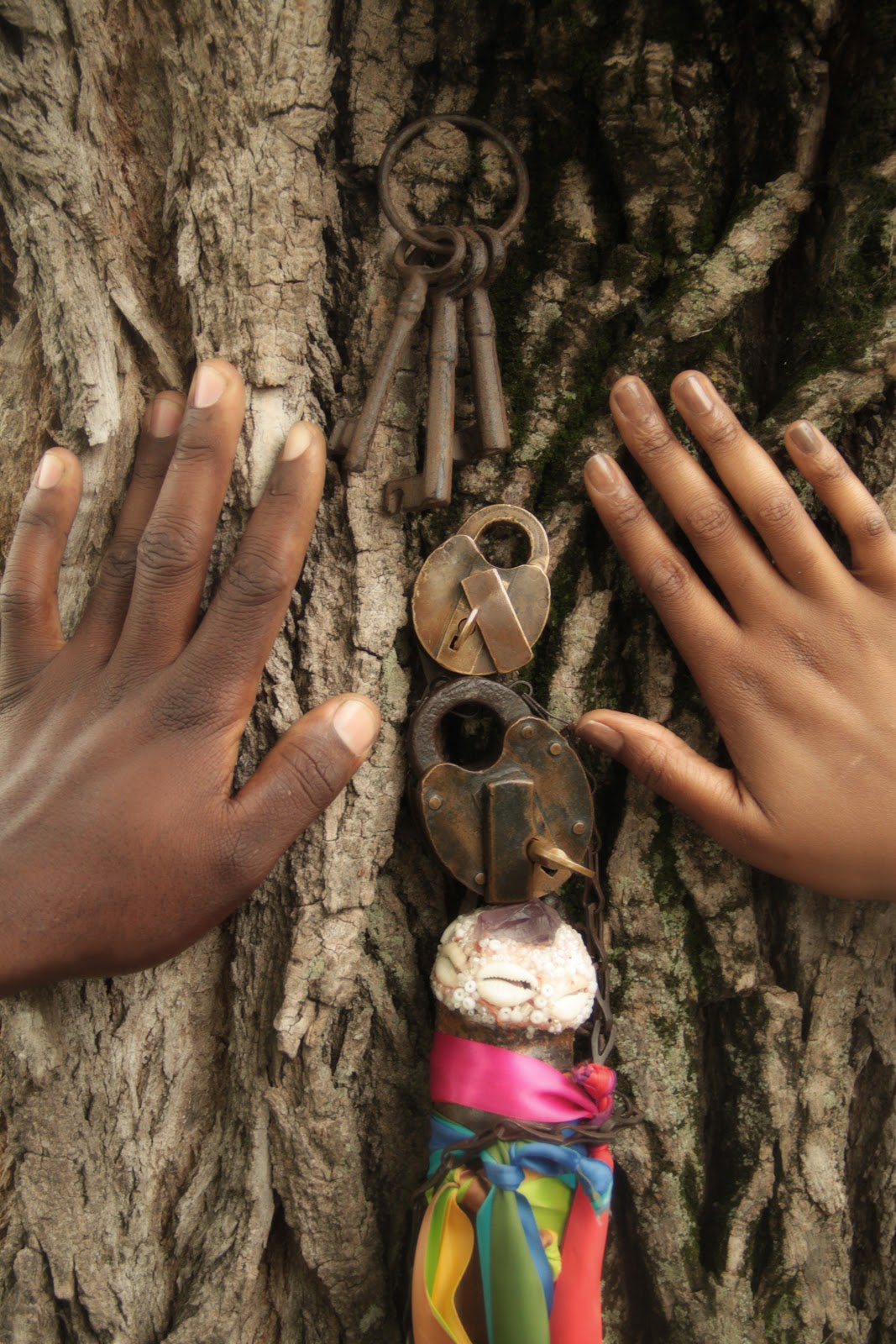Reading this section reminded me of a course I took in freshman year, entitled Slavery in Virginia. When speaking of slavery in the U.S., Virginia is probably the first place mentioned or discussed. Virginia is rich in slave history. Many practices, traditions, and events were rooted in slavery and uplifted the system of slavery. During this time period in Virginia, no one seemed to do what was right or did anything positive for African-Americans.
For decades and centuries, people were so accustomed to living among or in slavery, that it became normalized. Slaves were hung, lynched, beaten, separated from their families, dehumanized, and even after slavery, a system was created to oppress African-Americans similar to slavery. No matter how blacks pushed to be relieved from slavery and the life that degraded them, they were still oppressed in some way.
